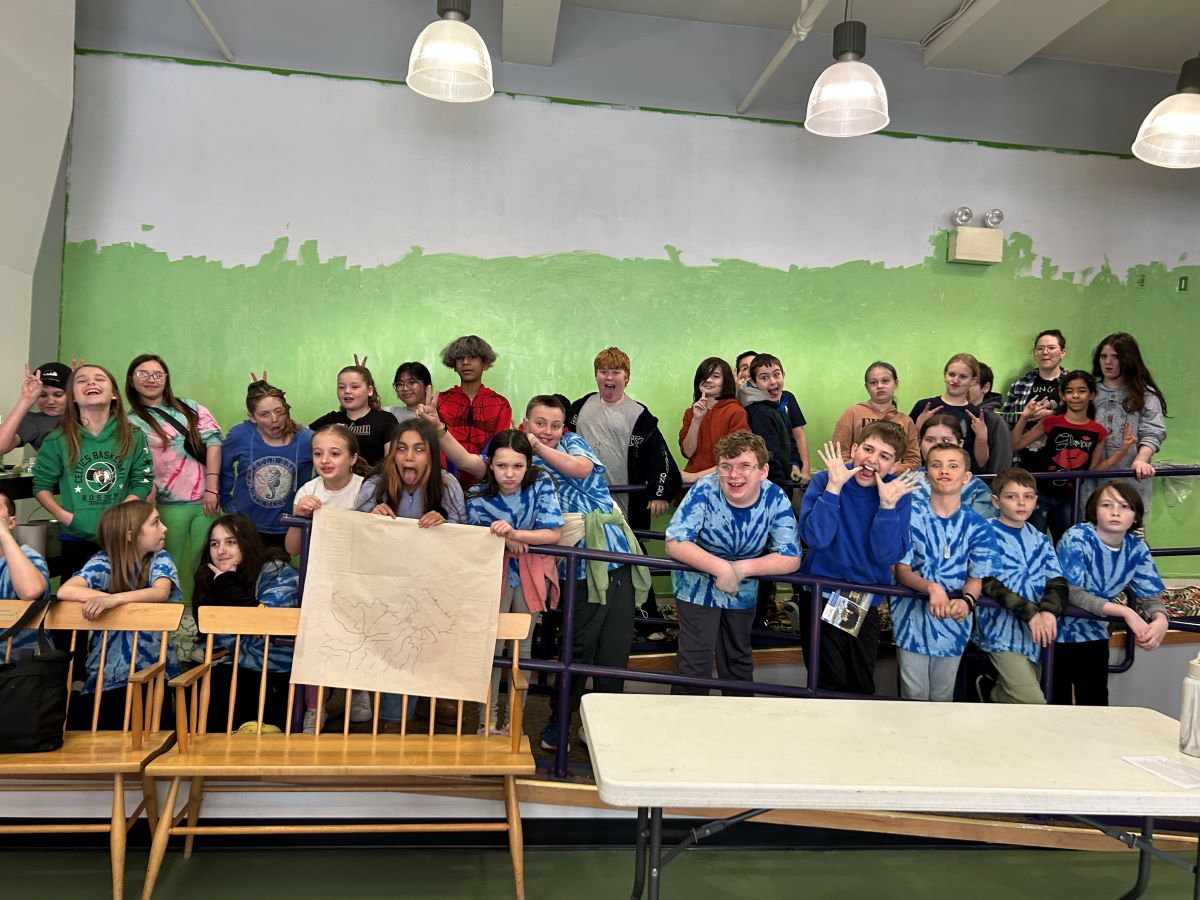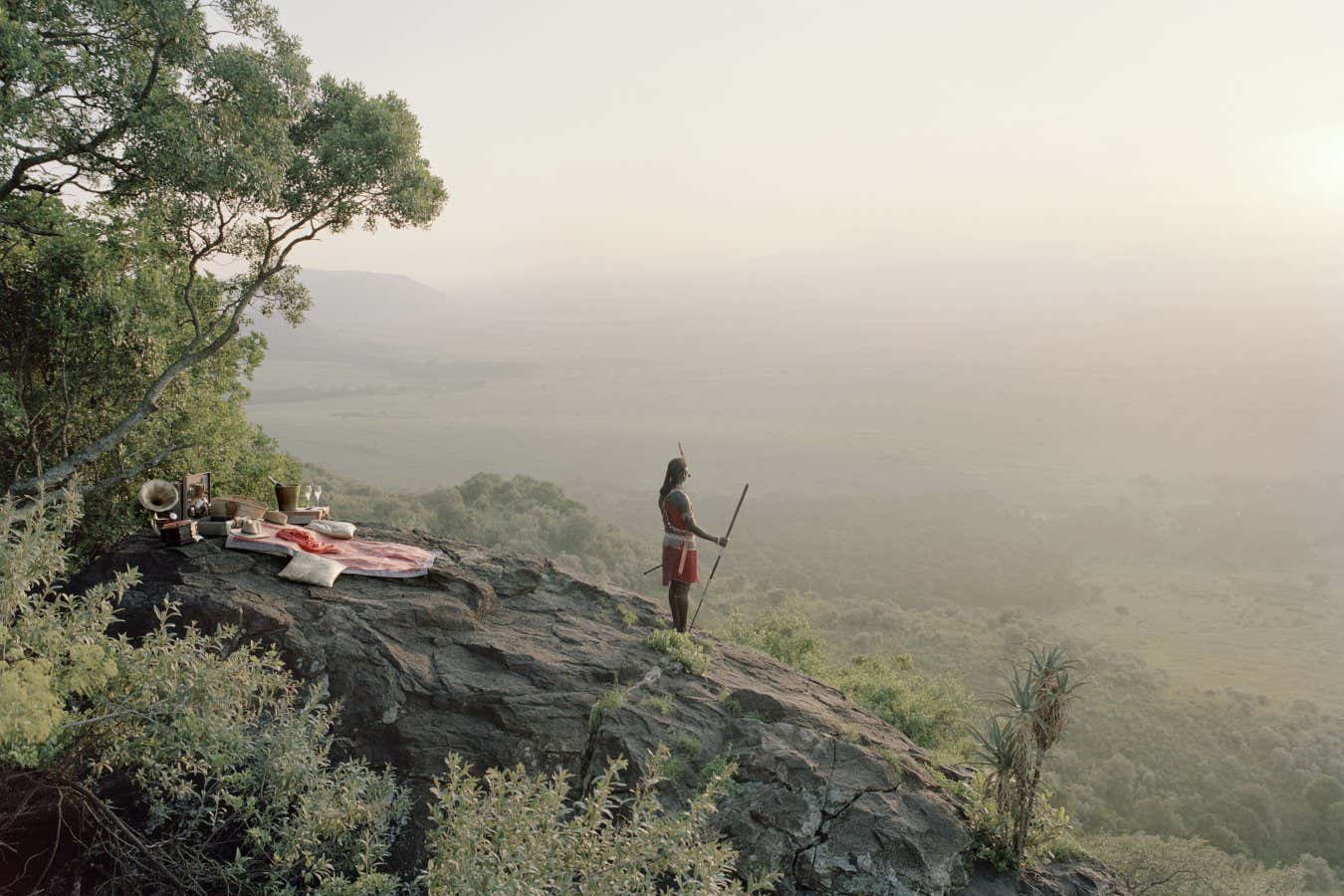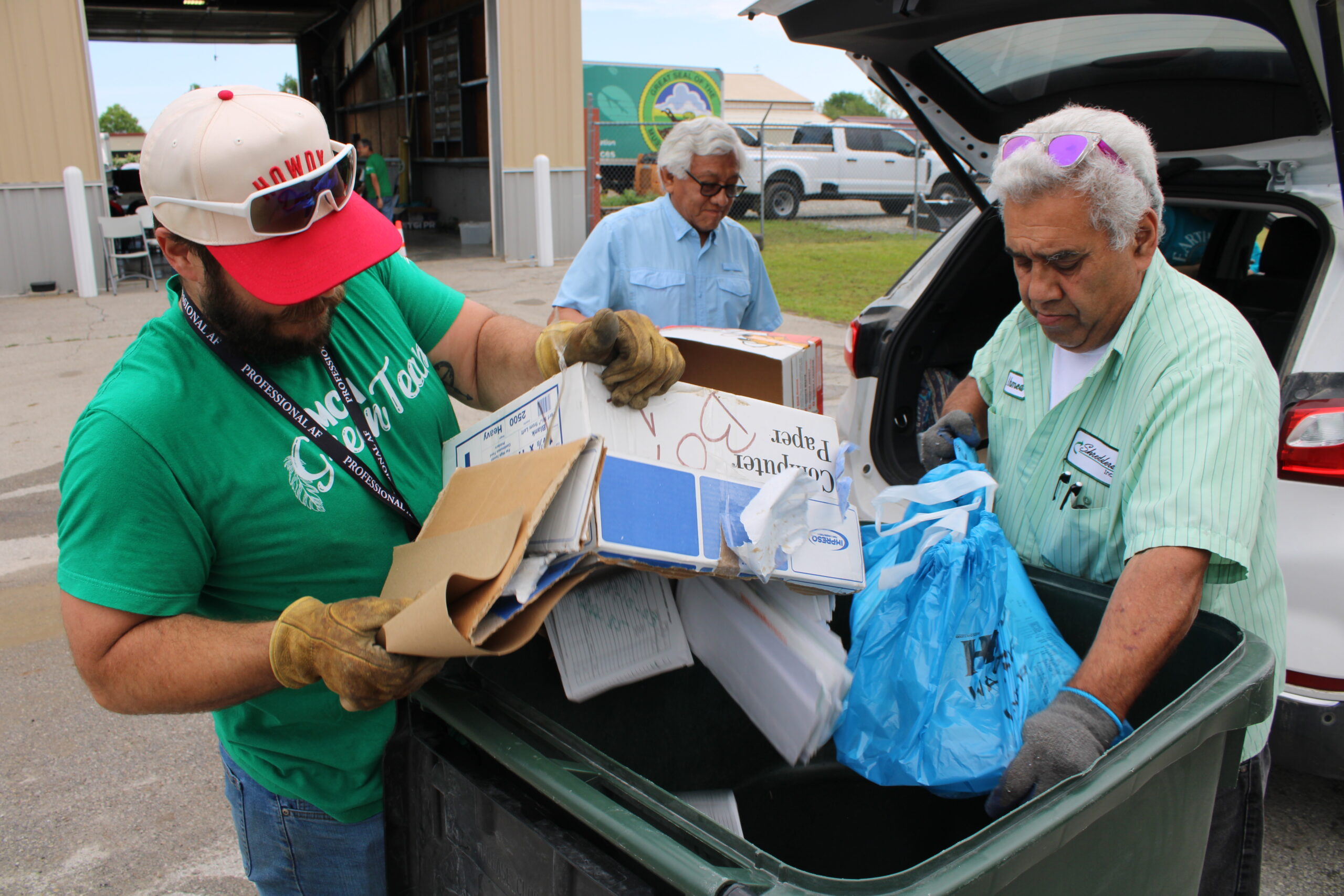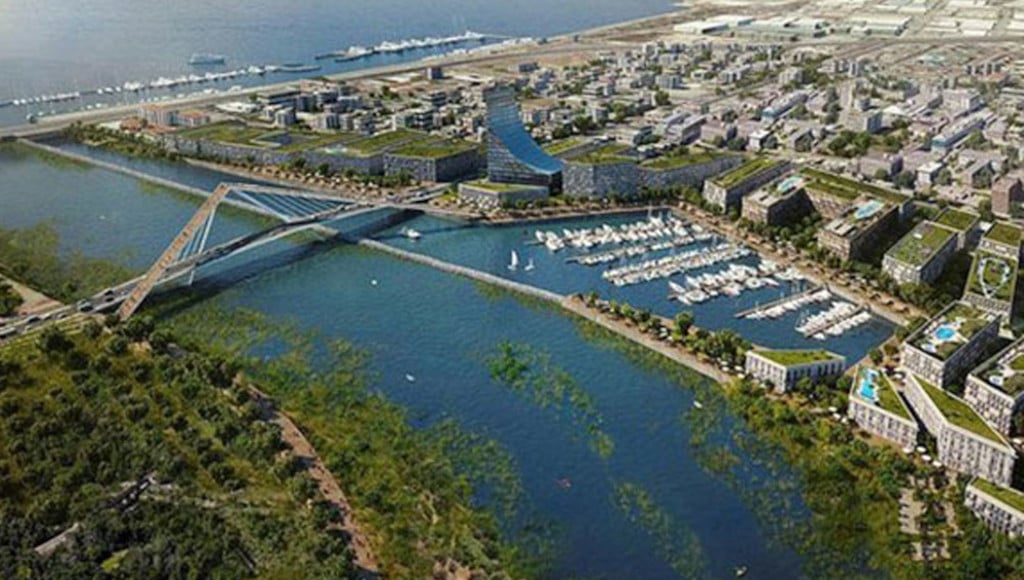
Green Generation: Bangor Students Spark Environmental Revolution
Blossoming Environmental Learning: Penobscot Classrooms' Vibrant Final Chapter As spring breathes new life into Bangor, the Penobscot Classrooms project reaches its inspiring crescendo. This dynamic two-year partnership between Maine Audubon and Bangor Schools, generously supported by NOAA's B-WET program, is transforming classroom learning into real-world environmental action. Students are now taking center stage, developing innovative community projects that showcase their passion for environmental stewardship. What began as a collaborative educational initiative in 2023 has blossomed into a remarkable demonstration of youth-driven environmental engagement. Through hands-on learning experiences, these young environmental champions are not just studying ecology—they're actively creating positive change in their local community. Each project represents a unique blend of scientific understanding, creativity, and genuine commitment to protecting our natural world. The Penobscot Classrooms journey exemplifies how targeted educational programs can empower students to become thoughtful, proactive environmental leaders, turning classroom knowledge into tangible community impact.









